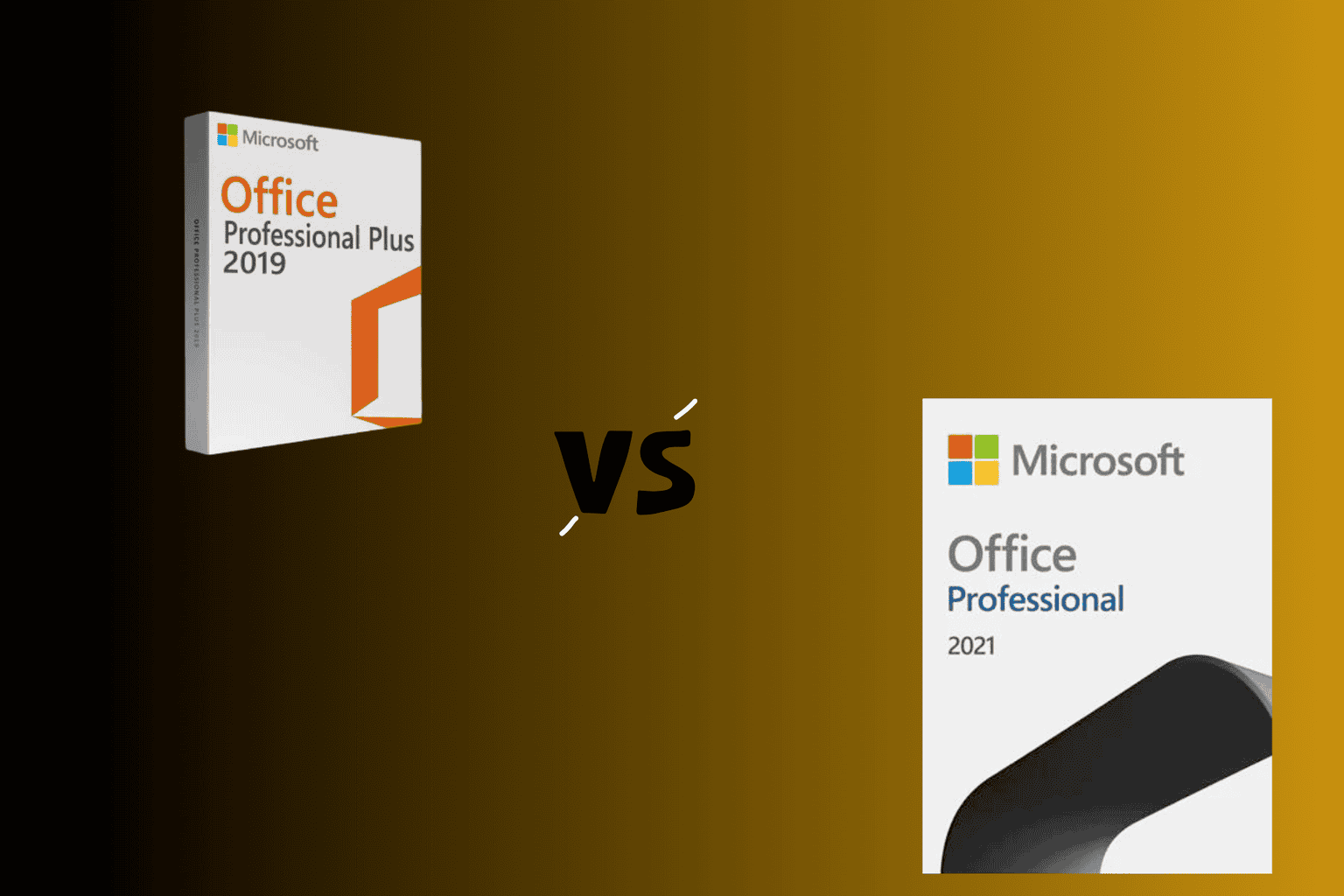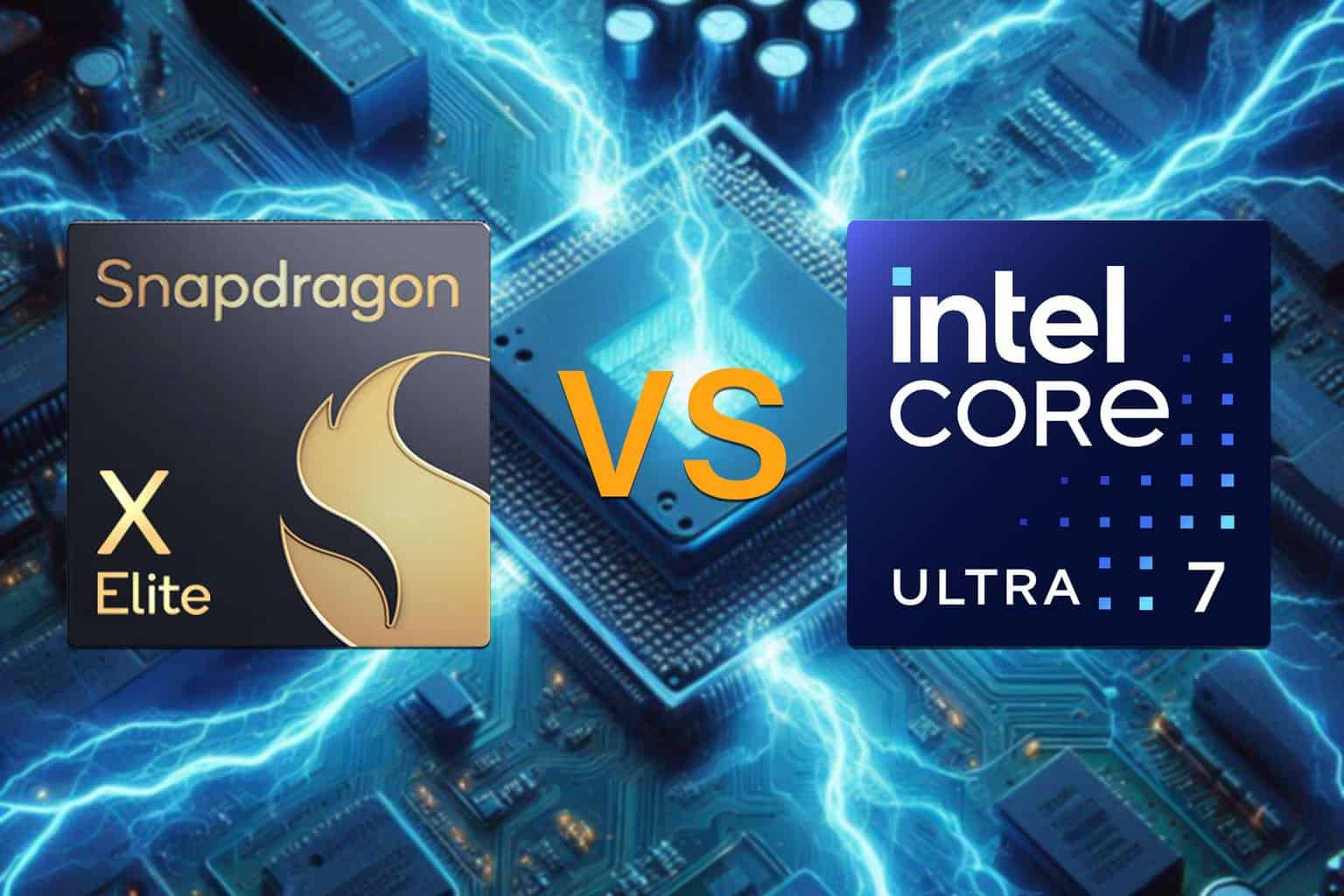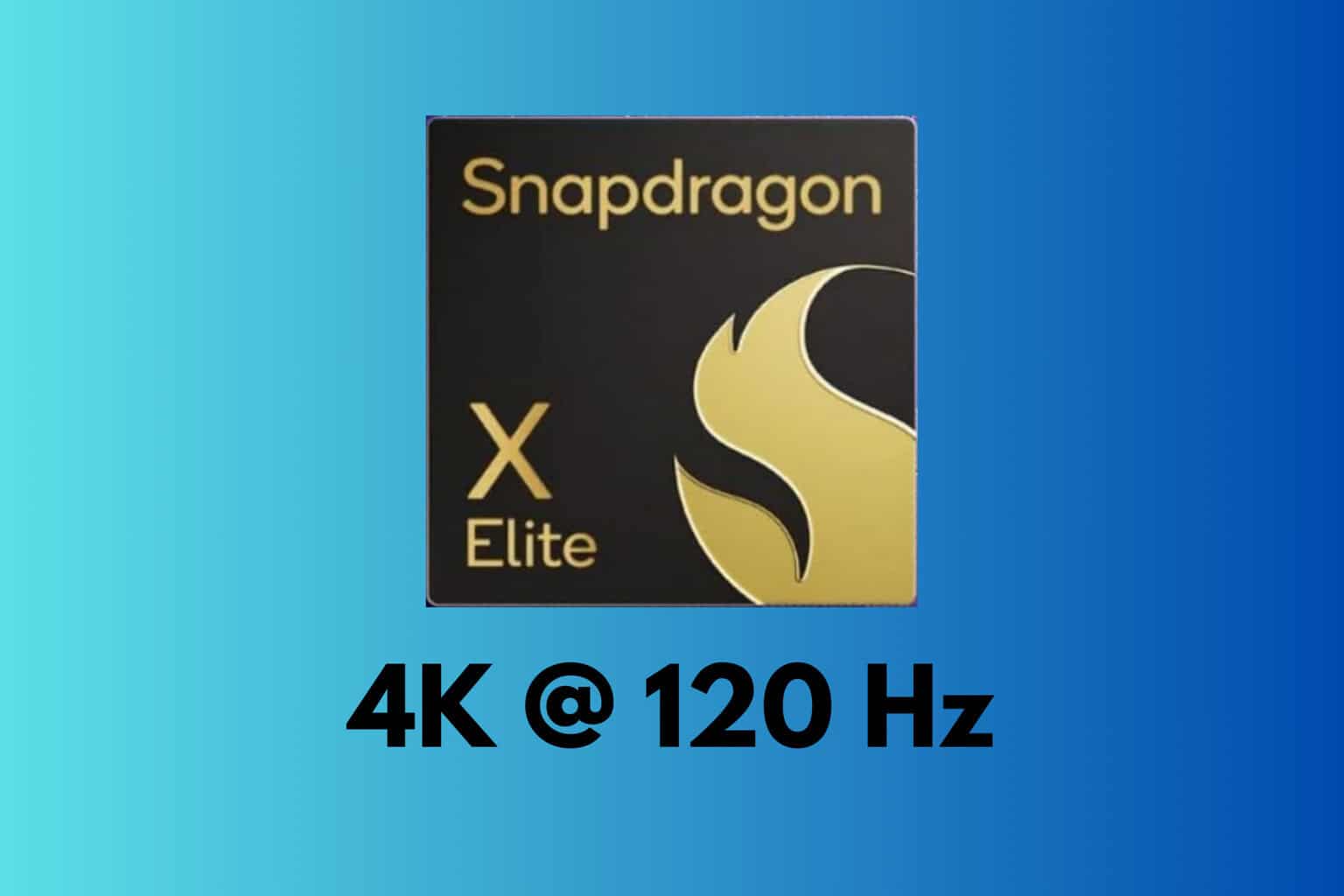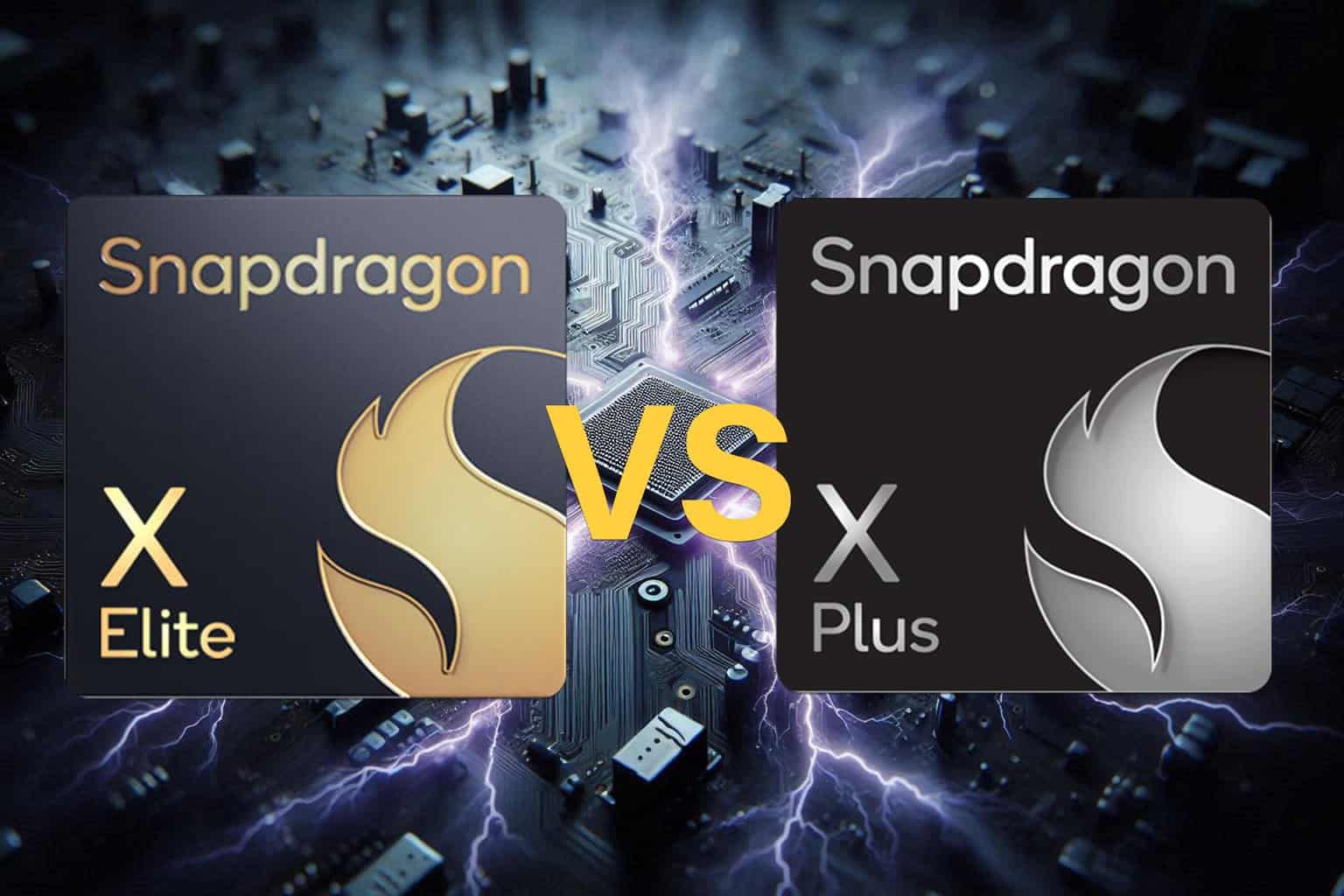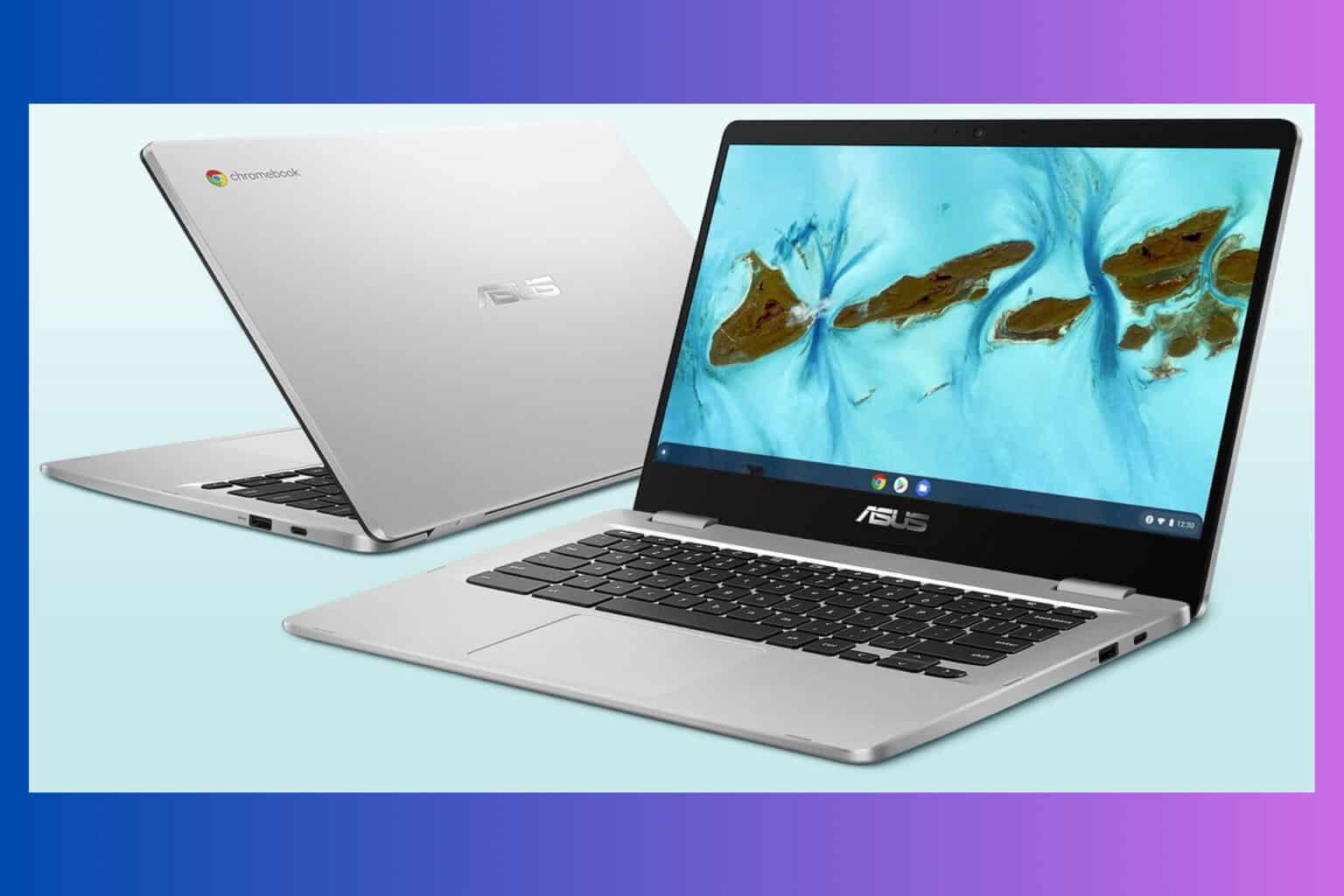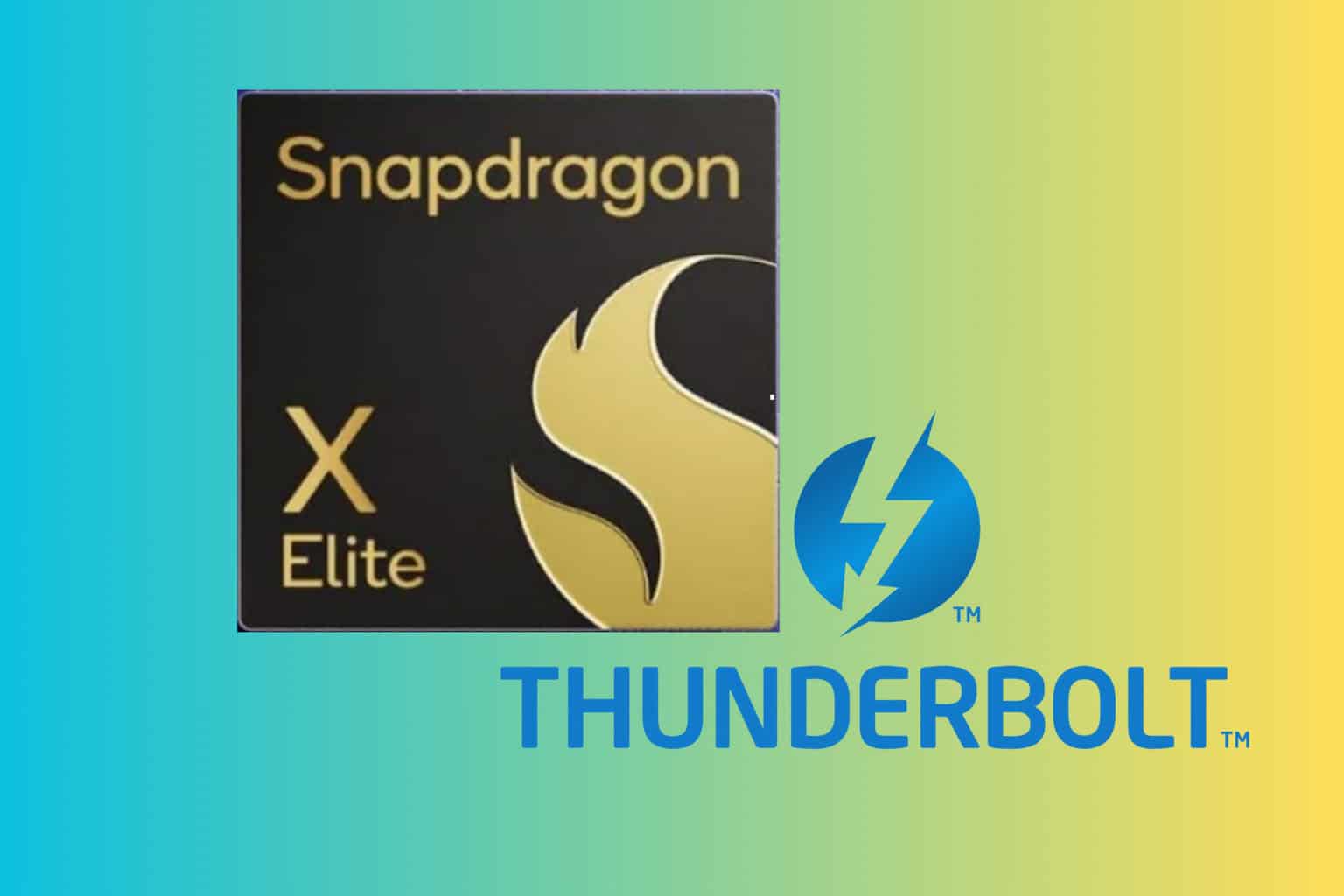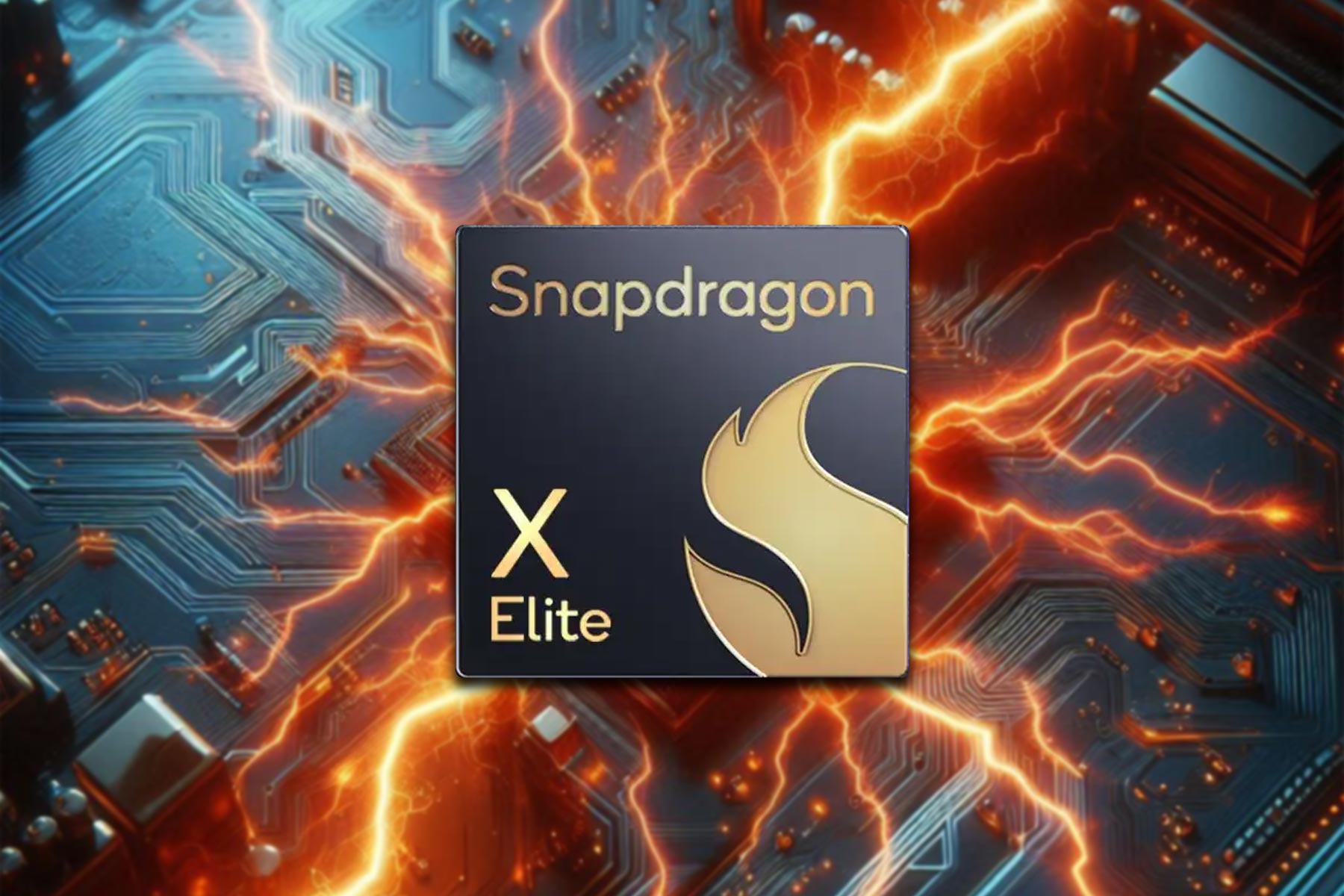Wireless vs Bluetooth Gaming Headset: The Difference
Find out why gamers prefer the WiFi option
5 min. read
Updated on
Read our disclosure page to find out how can you help Windows Report sustain the editorial team Read more
Key notes
- While both WiFi and Bluetooth headsets are wireless, some key differences exist.
- Latency is one of the most important factors that give WiFi an edge over Bluetooth for gamers.
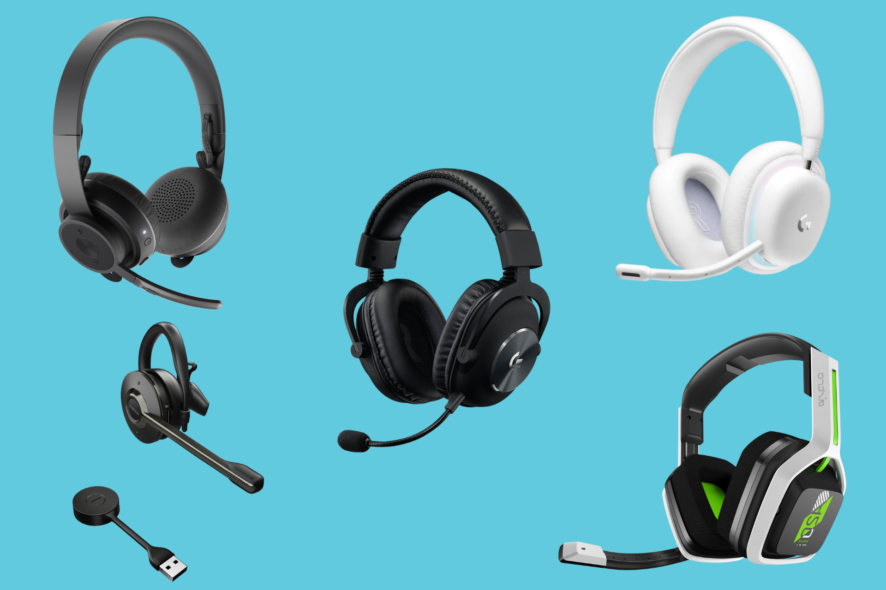
This guide will discuss WiFi vs. Bluetooth gaming headsets and tell you all you need to know.
If you are looking for a wireless headset to add to your arsenal, you have most likely come across Bluetooth and wireless headsets. However, if you are wondering if they are the same, they are not.
All Bluetooth headsets are wireless, but not every wireless headset is Bluetooth supported. Wireless headphones have some definitive advantages over BT-enabled devices and are expensive.
So, should you get a wireless or Bluetooth gaming headset? This article discusses what makes a wireless headset a better alternative for wireless gaming than Bluetooth headsets.
Do gamers prefer wireless headsets?
The answer is yes! For most gamers, a wireless headset will be the go-to. They come with many advantages, including the following:
- Portability and mobility – These are clear advantages. You may change your posture and sit farther back because they are not wired.
- Increased comfort – Because there are fewer restrictions, you can quickly adapt playing to your setup. You may lie down, sit up or assume whatever positions work the best for you.
- Audio control access – Because audio is a massive part of gaming, you may constantly need to change sound levels, especially if you find some soundtracks distracting. Having quick access makes a world of difference.
- Sound quality – While you have done away with the litter of wires, most of these devices are developed to deliver the best possible sound quality.
Some users have complained they face a few issues using wireless headsets, but it is usually a breeze once you scale this.
Let’s dive into WiFi vs. Bluetooth gaming headsets and see how they stack against each other.
Is wireless or Bluetooth better for gaming?
While both types of headsets are cordless, the technology in use differs. Bluetooth headsets use radio waves to send signals; wireless headphones, on the other hand, use radio waves or IR to send and receive the audio signal.
Bluetooth headsets are compatible with almost all handheld media device that supports Bluetooth technology, like your laptop, desktop PC, smartphone, and more. In addition, this excellent technology offers more options in all price ranges and works with a built-in chip or an external Bluetooth adapter.
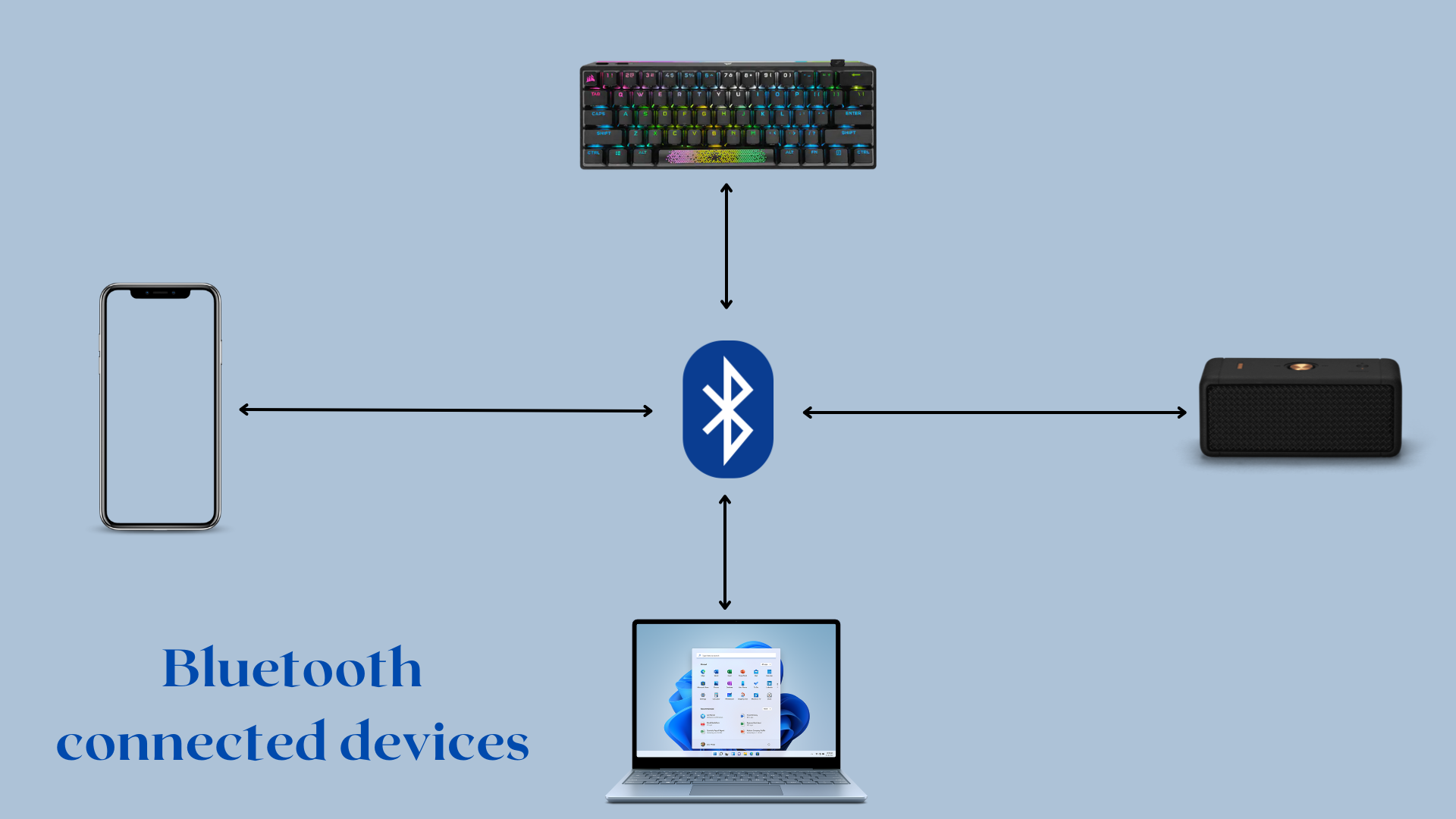
While a Bluetooth headset is suitable for media consumption, it is not ideal for anything that hates latency, such as multiplayer games where missing a footstep can cost you a game. We touch more on the disadvantages of Bluetooth headsets for gaming.
WiFi headphones, on the other hand, are sophisticated pieces of hardware. It usually requires a 2.4GHz base that connects to the audio source via USB or a 3.5 mm RCA cable to transmit and receive signals. The transmitters include the headset, so you don’t have to look for them separately.
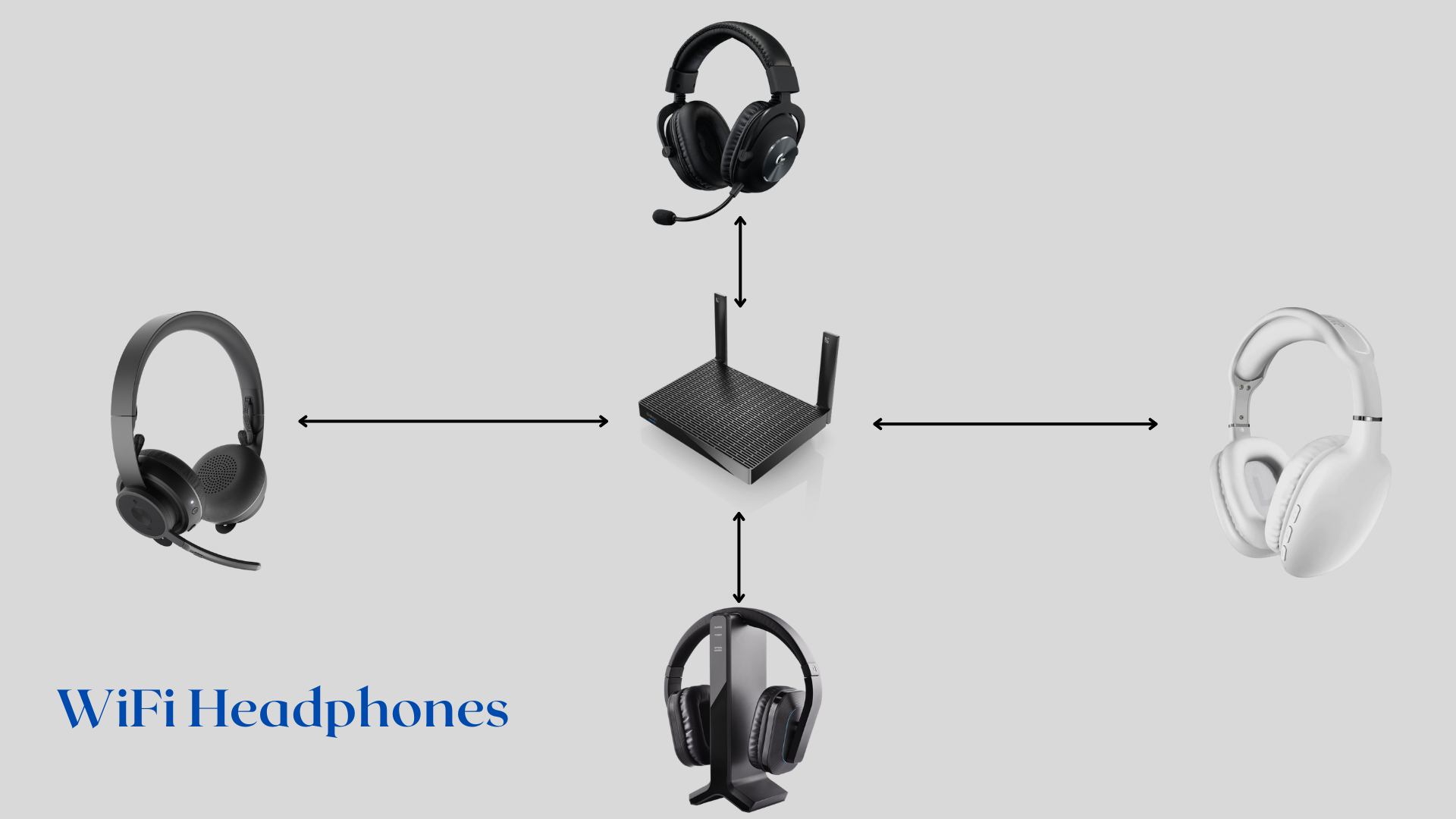
Compared to the Bluetooth headset’s 30 feet range, the WiFi headset offers a better range of up to 300 feet. The wireless headphone is also ideal for gaming due to the better latency technology it employs.
Why is a wireless 2.4GHz headset better for gaming than a Bluetooth headset?
1. Latency
One reason Bluetooth headsets are not great for gaming is the latency issues.
On a WiFi connection, the average audio latency is between 5-10 ms, whereas Bluetooth headphones can range from 35-100ms.
Wireless headsets can reduce this up to 16ms, making them an ideal choice for wireless gaming headsets.
Audio Quality and Compression
Wired headsets offer the best audio quality. However, when it comes to wireless devices, Bluetooth and WiFi headsets have built-in codecs to compensate for the loss of audio fidelity.
The wireless technology can offer bandwidth up to 40,000 HZ even while using the mic, resulting in a better audio output.
Compatibility
While Bluetooth headset is compatible with the most common media devices, such as smartphones and laptops, it is still not compatible with gaming hardware such as PlayStation, Xbox, or even Nintendo Switch.
However, you can connect a WiFi headset to compatible devices via the RC cable or the USB-C port to stream audio.
To summarize, Bluetooth headsets are not ideal for gaming. Whether you do mobile, console, or PC gaming doesn’t matter.
Latency is the most significant disadvantage, and only WiFi headsets seem to reduce the lag.
Still, if you are inclined to a Bluetooth headset due to its wider compatibility without requiring an external source, look for a headset with an optional wired mode to help you with gaming sessions.
Alternatively, consider purchasing headsets that support Bluetooth and 2.4GH wireless technology to have the best of both technologies.
And that is as far as we will go in this WiFi vs. Bluetooth gaming headset guide. We hope you understand the differences and that this informs your choice if you are looking to acquire a new device.

